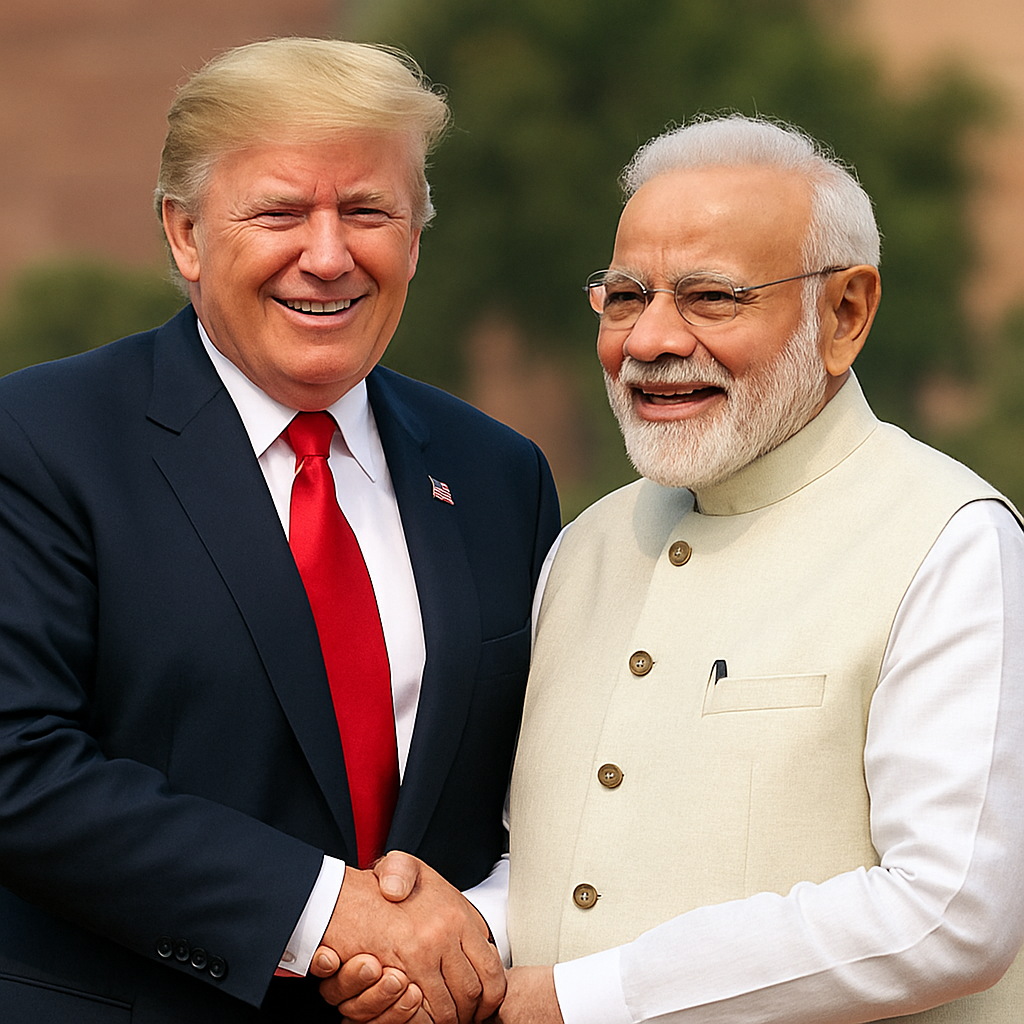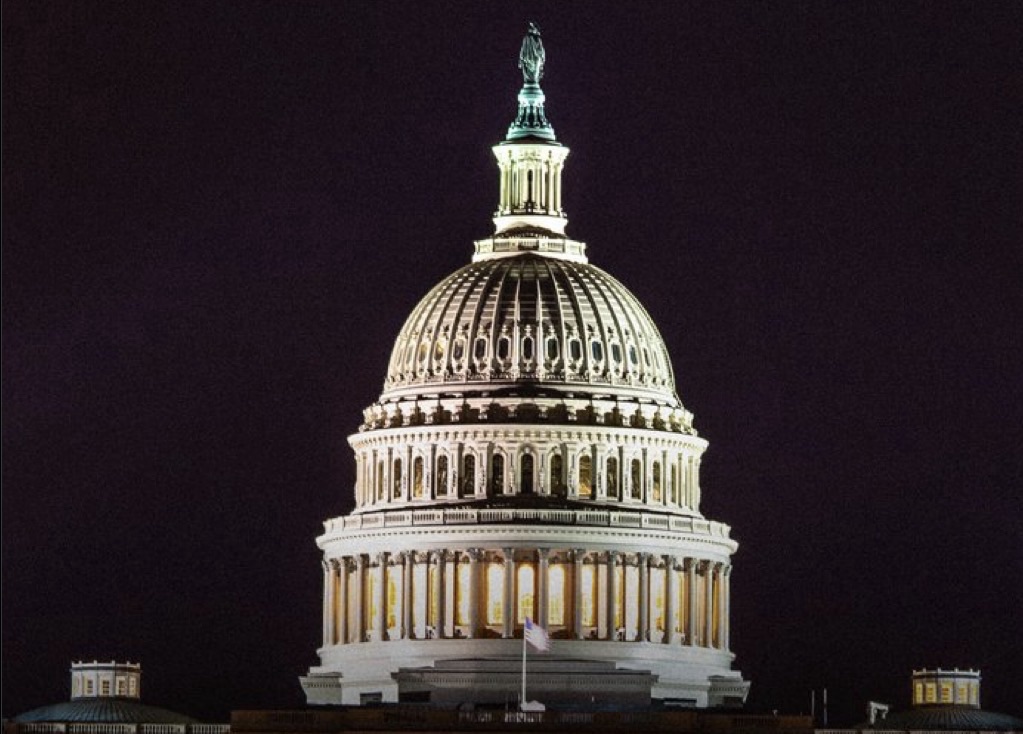
The world remains closely attuned to the escalating situation in Gaza, where an Israeli offensive in Gaza City has intensified. NPR reports that Israeli military operations have targeted key areas within the city, aiming to neutralize militant positions. The offensive has resulted in significant civilian disruption, with many families forced to evacuate their homes and seek shelter in temporary facilities. The densely populated urban environment has made it challenging for humanitarian aid to reach those in need, raising concerns from international observers about potential violations of human rights and the urgency of civilian protection.
Reports indicate that the Israeli Defense Forces have conducted airstrikes and ground operations in specific neighborhoods known to be associated with militant activity. Residents describe widespread damage to infrastructure, including residential buildings, schools, and medical facilities. Local authorities have urged civilians to remain in designated safe zones, while international agencies call for immediate cessation of hostilities and open corridors for humanitarian assistance. The conflict’s escalation comes amid longstanding tensions in the region, with both sides blaming each other for provocations that have intensified over the past several months.
Meanwhile, U.S. media have been focused on statements from former President Donald Trump regarding the possibility of brokering a deal in Gaza. Al Jazeera reports that Trump emphasized his ability to mediate effectively, citing past experience in negotiating complex international agreements. His comments have sparked debate among political analysts, with some questioning the feasibility of achieving a lasting resolution under current conditions, while others note the potential for renewed diplomatic engagement. Trump’s remarks also coincide with broader discussions in Washington about U.S. foreign policy in the Middle East, particularly regarding the balance between supporting allies and advocating for humanitarian protections.
In the United States, significant developments continue in the fallout from the Jeffrey Epstein case, which has captivated public attention for years. Newly released documents have drawn scrutiny toward high-profile individuals, including Elon Musk and Prince Andrew. The materials reportedly contain communications and financial records that shed light on Epstein’s network and the extent of his connections within elite circles. While neither Musk nor Prince Andrew have been implicated in criminal wrongdoing directly, the documents have fueled renewed public interest and calls for accountability regarding Epstein’s activities. Media coverage highlights the broader implications of the case, emphasizing the intersection of power, wealth, and legal oversight.
The release of these documents has prompted vigorous debate across social media platforms, legal forums, and news outlets. Analysts note that the Epstein case has become a symbol of the challenges involved in prosecuting powerful individuals and ensuring justice for victims of abuse. Discussions continue around potential legislative reforms, enhanced investigative processes, and greater transparency in how cases involving high-profile figures are handled. For the public, these revelations underscore ongoing concerns about institutional protections and the influence of wealth and status in shaping legal outcomes.
Adding to the headlines, several news outlets have reported on a significant safety recall issued by BMW. The recall affects certain vehicle models due to a potential fire risk, stemming from a defect in the electrical system. BMW has advised owners to check whether their vehicles are included in the recall and to schedule service appointments at authorized dealerships immediately. The company has emphasized its commitment to safety and the importance of addressing the issue promptly to prevent potential accidents.
Automotive experts note that recalls such as this are not uncommon but stress the need for rapid response by vehicle owners to minimize risk. Consumers are encouraged to remain informed about safety notices and follow manufacturer guidance carefully. The recall highlights ongoing challenges for automakers in ensuring vehicle reliability, particularly as modern cars become increasingly complex with advanced electronics and software systems. BMW’s proactive approach is intended to maintain trust among its customers and mitigate potential liability arising from safety concerns.
In summary, global and domestic news continues to evolve rapidly. The conflict in Gaza City illustrates the volatility of international crises and the humanitarian challenges they create. At the same time, the Epstein case and related document releases maintain intense public interest in issues of accountability and influence among the powerful. Finally, consumer safety concerns, such as the BMW recall, serve as a reminder of the importance of vigilance and adherence to safety protocols in everyday life.
Across these stories, a common thread emerges: the intersection of human impact, accountability, and responsibility—whether in geopolitics, legal oversight, or product safety. As events continue to unfold, both global and local audiences are closely monitoring developments, seeking clarity, and demanding action from those in positions of authority. These issues underscore the complex and interconnected nature of contemporary news, where political, social, and corporate factors converge in ways that affect millions of lives directly or indirectly.







